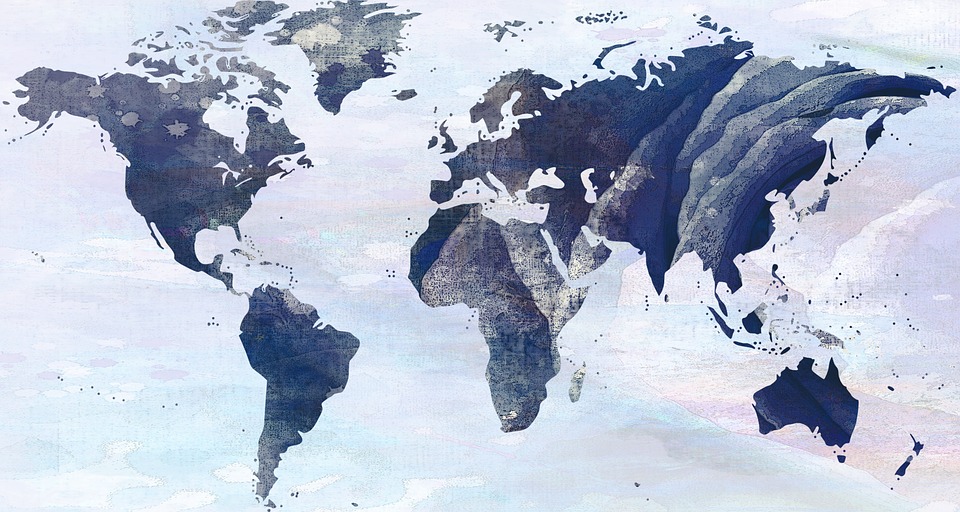Enough with war The world against Eltsin

BERLIN – Drama but vain appeal of the West to Russia: now enough with blood in Chechnya, truce immediately or the partnership and collaboration between Moscow and us will be threatened, says – but without posing concrete sanctions – the statement of foreign ministers of seven industrial powers after the tense summit in Berlin with the head of Kremlin diplomacy Igor Ivanov. But the Russians do not give up: we will continue the military operations to annihilate the terrorists, says their envoy. “The situation on the ground is dramatic, in besieged Grozny there is a risk of a bloodbath”, warns the president of the Organization for Security and Cooperation in Europe, the Norwegian Knut Vollebaek, back from a mission to the front. But everything is useless: on the eve of the vote, Yeltsin’s Russia does not yield, apparently it does not let itself be impressed by formally alarmed and harsh statements but not accompanied by concrete threats. The consultation of Berlin has failed, Ivanov returns home bringing condemnations and truce requests, but the end of the massacre in the Caucasus does not seem to have approached a millimeter. The only hopes, they noted yesterday evening Fischer and Dini, heads of the German and Italian diplomacies, reside in a truce or in steps forward only after the Russian elections. “The war in Chechnya poses a serious threat to the partnership and cooperation between Russia and us all,” warned German Foreign Minister Joschka Fischer yesterday evening. Adding: “None of us dreams of denying Russia the right to guarantee and defend its security and its territorial integrity, but this has nothing to do with a war waged against the civilian population”. “With their military actions in Chechnya”, the Secretary of State Madeleine Albright urged,
“Russia is isolating itself from the international community alone”. On a formal level, they are harsh tones, perhaps the hardest of the West to Moscow since the end of the cold war. But they are not publicly accompanied by concrete threats of sanctions, cuts to credits, a factual diplomatic freeze. They express alarm, disquietude, condemnation of barbarism in the field. Meanwhile, in Washington, the biannual summit between the US and the European Union ended with a joint statement between Clinton, Prodi Commission President and European Council President-in-Office, the Finnish Ahtisaari: “We will intensify our pressure to persuade Russia to political solution – say Europeans and Americans – but in the meantime we will do everything possible to prevent the isolation of Russia “. There is the whole dilemma of Western democratic statesmen in the alternation of warnings and hopes of the declarations of Washington and Berlin. “Russia is a strategic partner, relations with Moscow are and remain an important factor for the US”, Mrs. Albright noted yesterday. “I come back from Chechnya – Vollebaek intervened – and I assure you that there is a risk of a bloodbath”. Restless words, alarm, formally hard tones, strong colors. Immediately denied by Ivanov in a hard bickering at a distance: “No, it is not true, our soldiers do not perpetrate massacres”. Denied of convenience, which does not dampen the alarm. But we are not talking about sanctions, we are not talking about blocking credits, the only argument that could perhaps stop the Russian military machine. The crisis is increasingly difficult for the West, European diplomats noted last night: just the day before yesterday the G20 finance ministers’ consultation (the Big Seven, plus Russia, China, India, various emerging countries) recalled how the world can not afford other monetary shocks like the last Russian crisis. Sanctions in Moscow that would produce sconquassi for everyone. “The only hope,” Fischer and Dini said in substance last night, “is after the elections, and it is time for a truce in Chechnya, and I think we are approaching it.” After the elections, the vice-chancellor insists. Did Europe threaten a frost with Moscow behind the scenes? Nobody says it, nobody lets him think. And even on the Western proposal for a regional peace conference, Moscow does not feel the need to make a difference.


